Macron’s rightward shift sparks tensions as France finalizes government
- Update Time : Monday, September 23, 2024
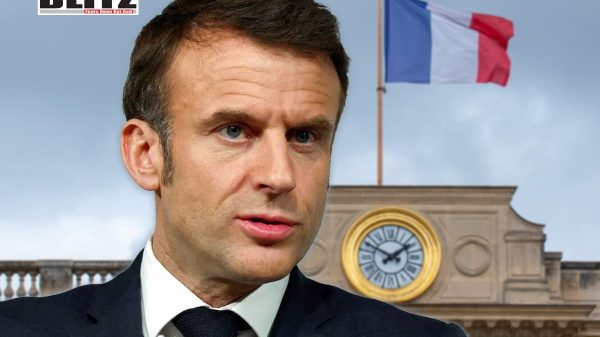
France’s political landscape is undergoing a significant shift as President Emmanuel Macron and newly appointed Prime Minister Michel Barnier finalize a new government lineup, signaling a move to the right. This development comes after two-and-a-half months of political deadlock caused by inconclusive legislative elections, which left the country without a clear parliamentary majority. With left-wing protests scheduled for September 21, tensions are mounting as Macron and Barnier attempt to stabilize the nation’s governance while appeasing competing political factions.
Prime Minister Michel Barnier, a veteran right-wing politician and former EU Brexit negotiator, was appointed earlier this month to break the deadlock that emerged from the June-July legislative elections. The elections left France with a hung parliament, complicating Macron’s efforts to reassert control and push forward his political agenda. Barnier’s appointment was viewed as an effort to consolidate the center-right and breach the impasse.
However, the formation of the new government has been anything but smooth. Barnier has been working against the clock to assemble a cabinet, with his office stating that the full lineup would be revealed after “final fine-tuning.” While the government is expected to feature fresh faces in almost all key positions, some important ministers-such as Defense Minister Sébastien Lecornu-are expected to retain their posts.
Barnier’s office said they hope to finalize the government “before Sunday.” This deadline has put considerable pressure on Macron and Barnier to ensure the new lineup meets the various demands from different political factions while maintaining stability.
One of the most significant aspects of the new government is its clear shift toward the right. The interior ministry, which oversees the police and domestic security, is expected to go to Bruno Retailleau, head of the right-wing Les Républicains (LR) in the Senate. Retailleau’s appointment would be seen as a major victory for the right and a clear indication of the direction Macron’s government is taking.
In addition to Retailleau, other key appointments further underscore this rightward shift. Europe Minister Jean-Noël Barrot, known for his slick media appearances and youthful energy, is set to take on the foreign ministry. At just 41 years old, Barrot’s promotion is a major step up, but he will face the challenge of boosting France’s international standing amid a volatile global environment.
Antoine Armand, a rising star and head of parliament’s economic affairs commission, is slated to become the new economy minister. At just 33 years old, Armand’s rapid ascent is indicative of the new faces and energy Macron is bringing into the government, even as it moves rightward in its ideological orientation.
One key figure expected to remain in his post is Defense Minister Sébastien Lecornu, a close ally of Macron. Lecornu’s retention is a sign of continuity in an otherwise radically changing government, particularly in light of France’s growing military obligations in Europe and beyond.
However, not all potential appointments have been met with enthusiasm. A last-minute controversy erupted over the proposed appointment of LR senator Laurence Garnier as family minister. Garnier’s opposition to gay marriage and abortion rights drew fierce protests from Macron’s centrist allies, sparking internal divisions within the government.
Barnier’s attempts to form a balanced government have not been without friction. Reports suggest that Macron and Barnier clashed over the distribution of key posts, with tensions coming to a head during a lunch meeting earlier this week. According to Le Monde, Barnier even considered resigning just days into his tenure as prime minister, though the tensions were eventually resolved on September 19.
While Macron holds ultimate veto power over Barnier’s proposed appointments, sources close to the president have suggested that Macron will not block any of the names put forward by his prime minister. Nevertheless, all potential appointees must be vetted for conflicts of interest, as is customary in French politics.
As Macron and Barnier attempt to finalize the government, the political left is mobilizing in opposition. The hard-left France Unbowed party (LFI), led by Jean-Luc Mélenchon, has been vocal in its criticism of the government’s rightward shift. Left-wing parties and their allies have planned protests for September 21, timed to coincide with the finalization of the new cabinet.
The LFI, along with environmental and feminist groups, is organizing demonstrations in several cities to protest what they view as Macron and Barnier’s “power grab.” In early September, more than 100,000 left-wing demonstrators took to the streets in opposition to Barnier’s nomination as prime minister. Party figure Mathilde Panot has expressed hopes that the protests will “increase popular pressure” on the government.
The protests are part of a broader backlash from the left, which emerged as the largest bloc in the lower house of the National Assembly following the elections. However, the left’s lack of a working majority has prevented it from blocking Macron’s moves entirely. The far-right National Rally, led by Marine Le Pen, came in third but emerged as the single largest party in the election, further complicating the political landscape.
The political deadlock in France reflects broader challenges facing Macron’s government. The budgetary situation in France has grown increasingly dire, with Paris facing formal procedures from the European Union for violating budgetary rules. Barnier has already warned that France’s budget crisis is “very serious,” and addressing these economic issues will be a top priority for the new government.
Macron had hoped that by calling snap legislative elections, he could secure a renewed mandate and stabilize his political position. However, the elections have only deepened the political fragmentation in France, leaving the country with a hung parliament and emboldened opposition from both the left and the far right.
As Barnier finalizes the government, he and Macron will need to navigate not only internal tensions within their own administration but also rising opposition from left-wing protesters. Whether this new government lineup will be enough to restore stability in France remains to be seen.
France stands at a political crossroads as it prepares to finalize a new government. With a shift to the right, internal tensions between Macron and Barnier, and mounting left-wing protests, the coming days will be crucial in determining the country’s future political trajectory. Whether Macron’s gambit of appointing Barnier will succeed in breaking the deadlock remains an open question, but one thing is clear: the road ahead is fraught with challenges.


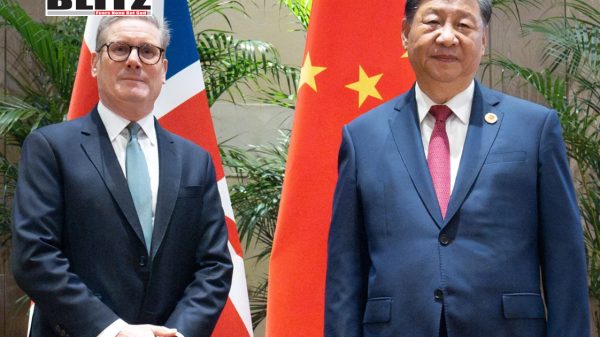

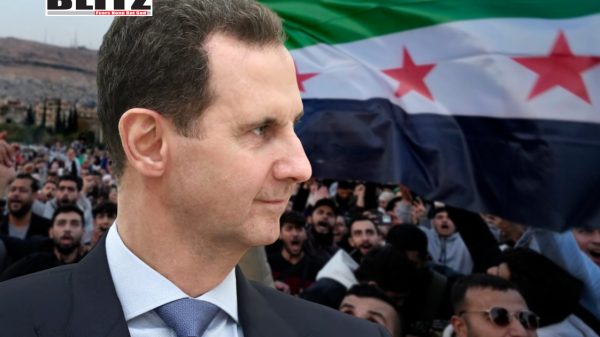
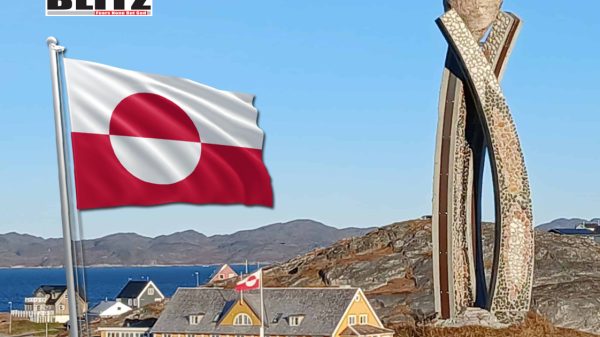
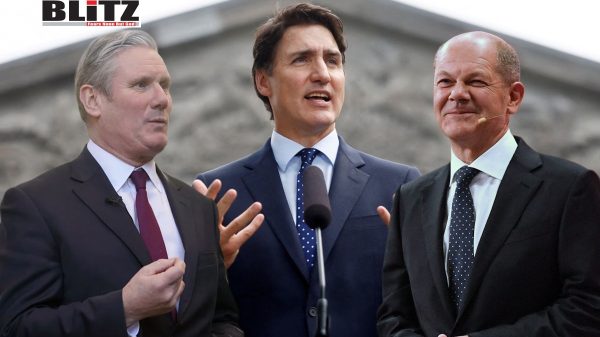
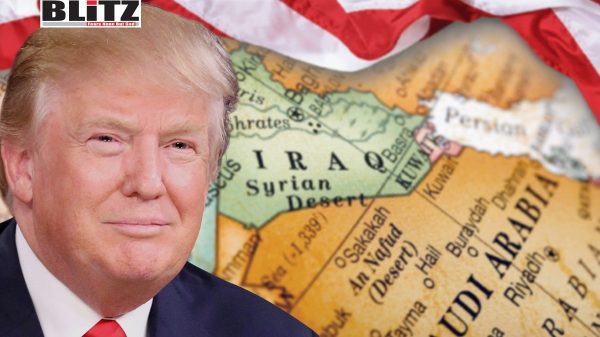
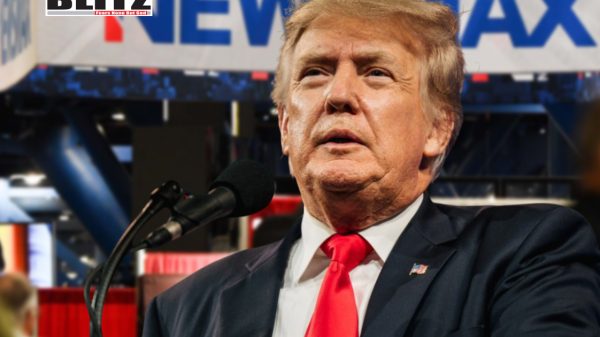
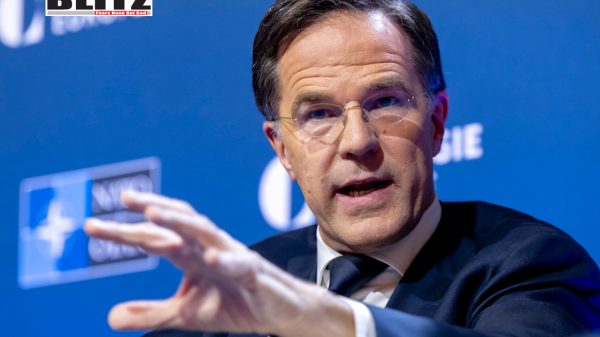
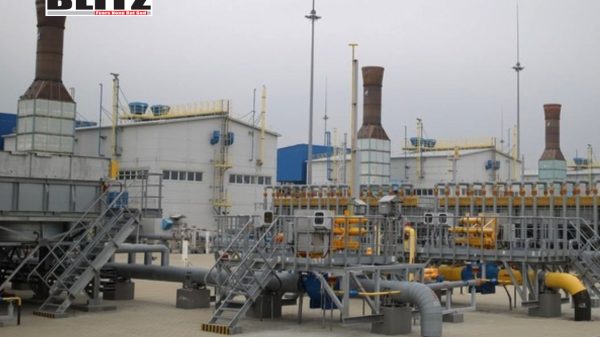
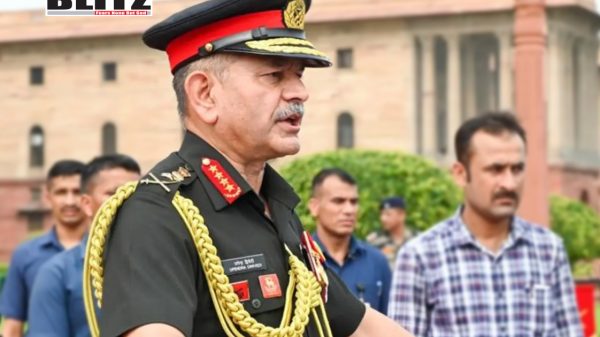
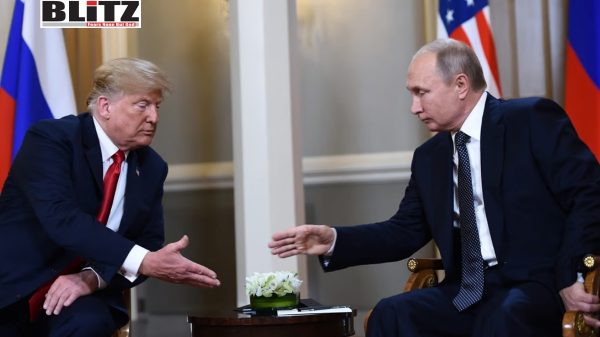
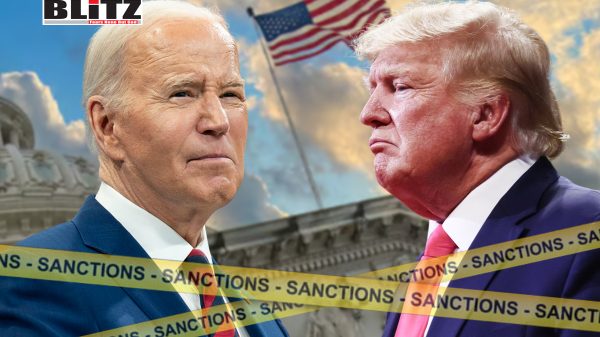
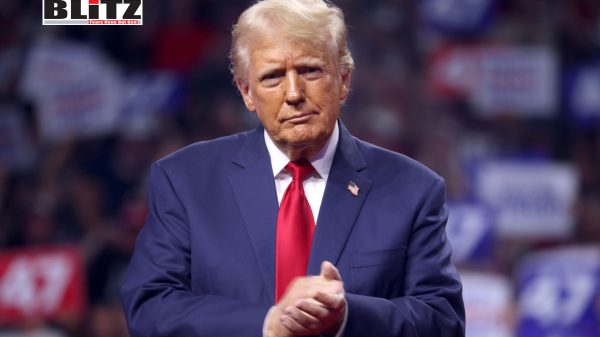

Leave a Reply